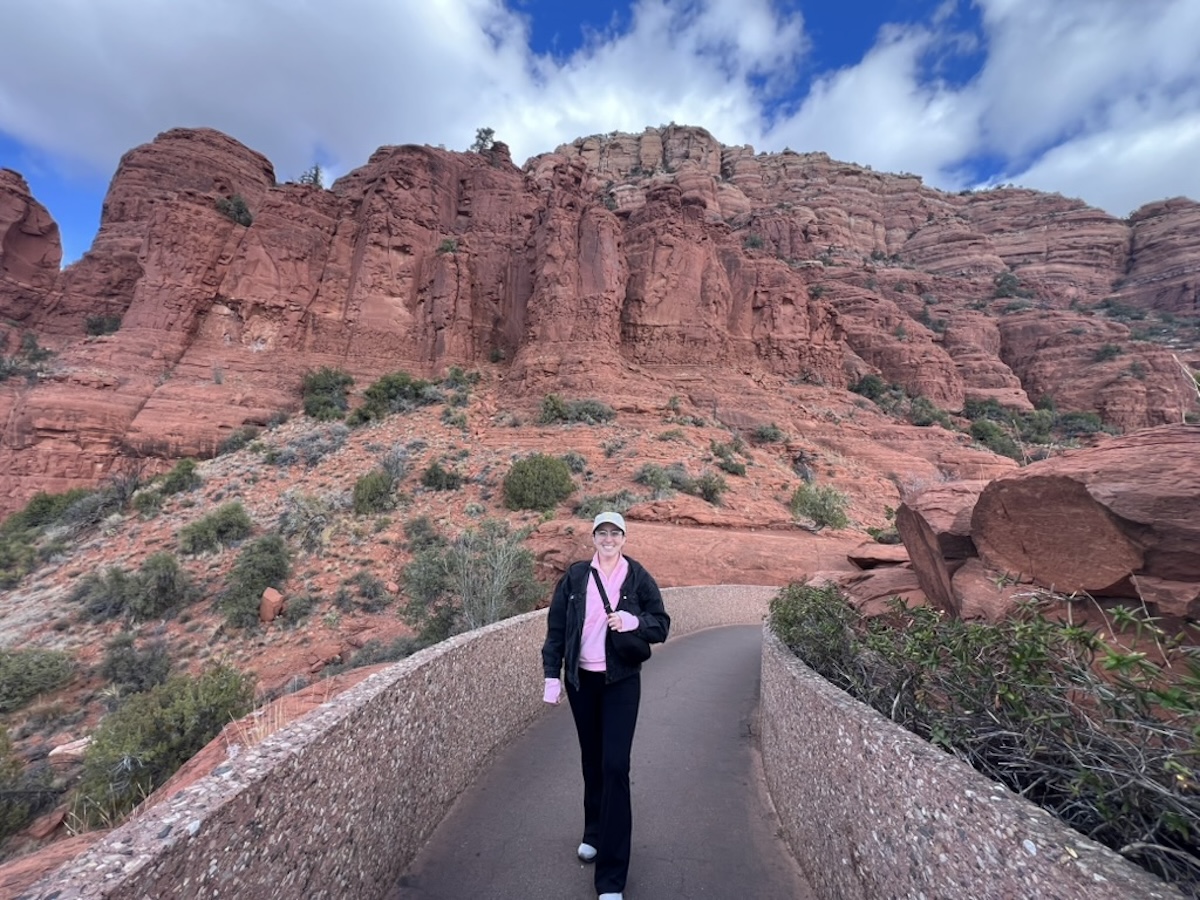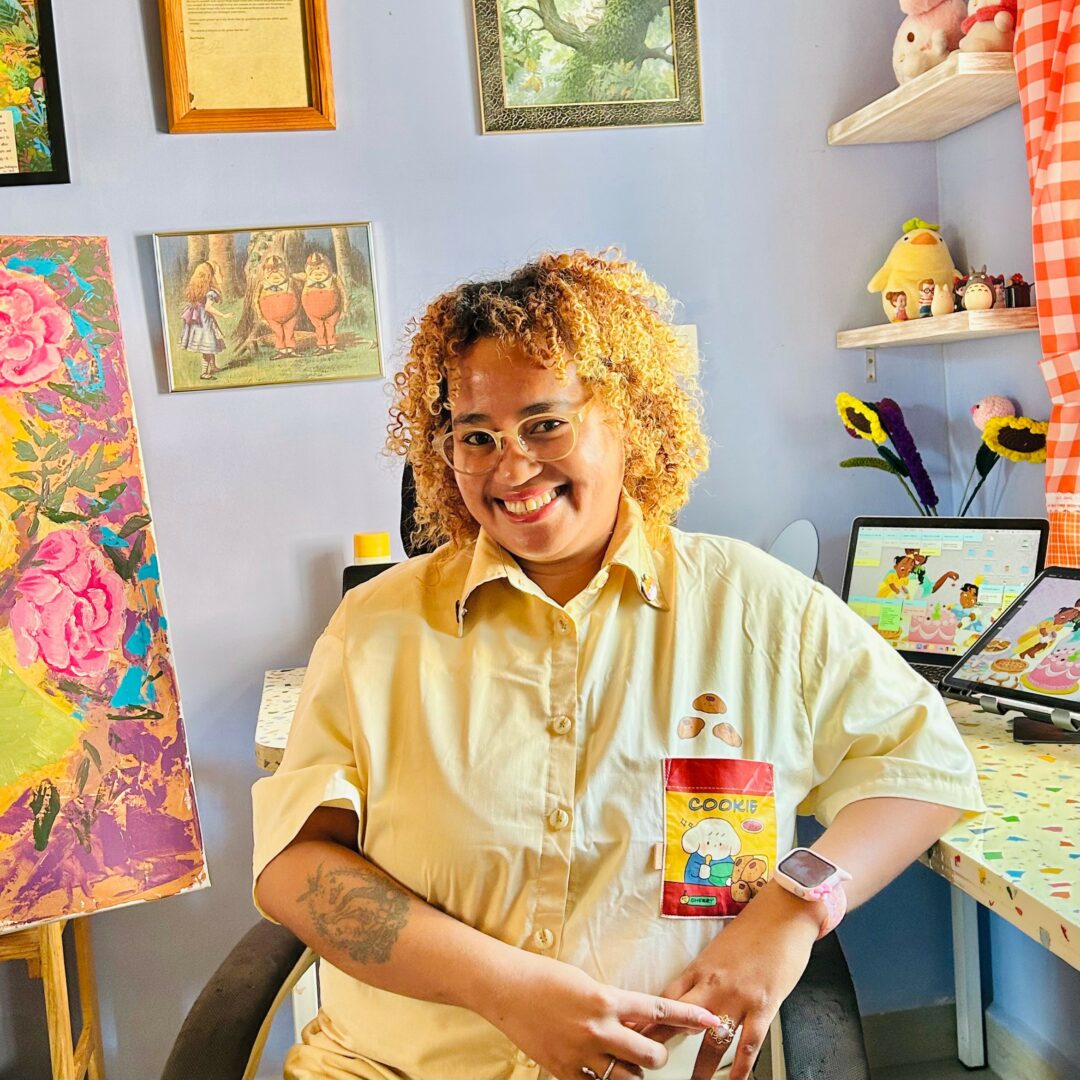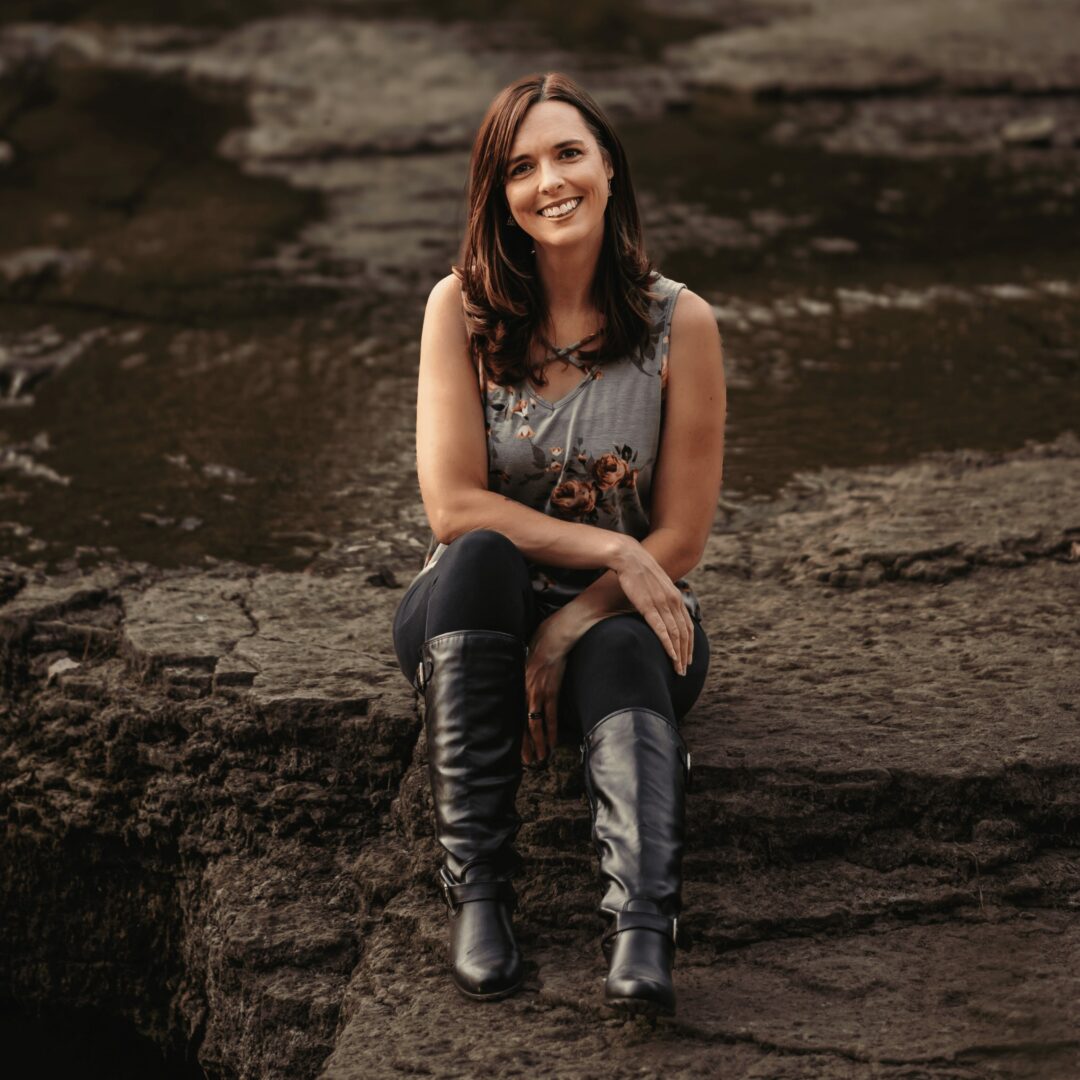We’re excited to introduce you to the always interesting and insightful Rosa Colón Guerra. We hope you’ll enjoy our conversation with Rosa below.
Rosa, so great to be with you and I think a lot of folks are going to benefit from hearing your story and lessons and wisdom. Imposter Syndrome is something that we know how words to describe, but it’s something that has held people back forever and so we’re really interested to hear about your story and how you overcame imposter syndrome.
I don’t think you truly overcome imposter syndrome, but you can learn to manage it. I’ve always felt a little lacking in comparison to my artist peers – which is the first thing you shouldn’t do compare yourself – and for a while this feeling of inadequacy affected my work. I would feel deflated seeing other people’s art. It would make me overthink anything I was creating. This worsened once I started posting on social media. All of a sudden I was bombarded with amazing artist from across the globe and it made me feel like I was falling behind professionally. It turns out we’re all going through the same thing, but I didn’t know that back then. What snapped me out of the imposter syndrome funk was the very thing I was afraid to do. I put myself out there. I went to art shows, met local artists, participated in events and organized some of my own. Eventually, I was brave enough to pitch comics to cool publishers like The Nib and it snowballed from there.
I still have bouts of imposter syndrome but now I have a circle of friends – who are great artists in their own right – that I can count on to evaluate my art honestly and shoo any doubts I might have about my art.
Thanks, so before we move on maybe you can share a bit more about yourself?
I’ve been self publishing comics from San Juan, Puerto Rico since 2006. At the time, the comic scene in Puerto Rico was all about grim and gritty superheroes with some creators here and there doing truly original work. Alongside my friend and writer Carla Rodríguez we made comics that were all-ages colorful and (I like to think) unique. We tried to push ourselves with every publication and all that work led to collaborations and projects that I’m still proud of to this day. Later on I decided to write and illustrate non-fiction comics in order to make sense of what was happening in Puerto Rico, especially after Hurricane María. Work begets work and the comics I made for The Nib and anthologies like Puerto Rico Strong (Lion Forge) led to other opportunities. Now I have an agent, Marietta B. Zacker at Gallt & Zacker, and I never thought I would get to this point in my art career.
I’ve been working freelance for five years now and even though it hasn’t been easy – at all – I’m happy working from home and making art for clients and myself!
If you had to pick three qualities that are most important to develop, which three would you say matter most?
I don’t think I would be the artist I am today without having been an avid reader and developing my imagination through stories. I was surrounded by comics and books all my life and having access to different worlds and characters helped me create my own. I also watched a ton of movies and tv and learned that particular visual language which informs a lot of my work. My first advice to anyone starting out is: don’t work in a void. Consume comics, books and movies and try to figure out what is resonating with you and how you can bring that same emotional punch to your work. My other advice would be to practice your craft but not in a toxic way. It’s not about perfection, it’s about growth. By practicing and experimenting you can hone in your style, your flow and what you want to say with your art.
What would you advise – going all in on your strengths or investing on areas where you aren’t as strong to be more well-rounded?
Between focusing on your strengths or improving your art where it’s most underdeveloped, I would choose improving you art. This doesn’t mean you can stop developing your strengths but you can’t use this as an excuse not to experiment or improve. Experimenting with new art materials or techniques can be daunting so it makes sense that you fall back to what your good at because you want to focus on the creation of the art versus the end product. But shying away from things you don’t like to draw or require more time to master can hinder you as an artist. I know I have a lot of things I can improve in my art so every job I take I decide to push myself to include something I’m not good at drawing or that I know it’s going to be difficult to do and I do it. It might now be perfect but I’m not looking for perfection. I’m looking to have more tools to help with my storytelling and illustrations and if I’ve made a little step towards getting better at this crazy thing called art, I’ll be happy.
Contact Info:
- Website: https://rosacolonguerra.com/
- Instagram: https://www.instagram.com/sodapopcomics/
- Youtube: https://www.youtube.com/@sodapopcomicspr










